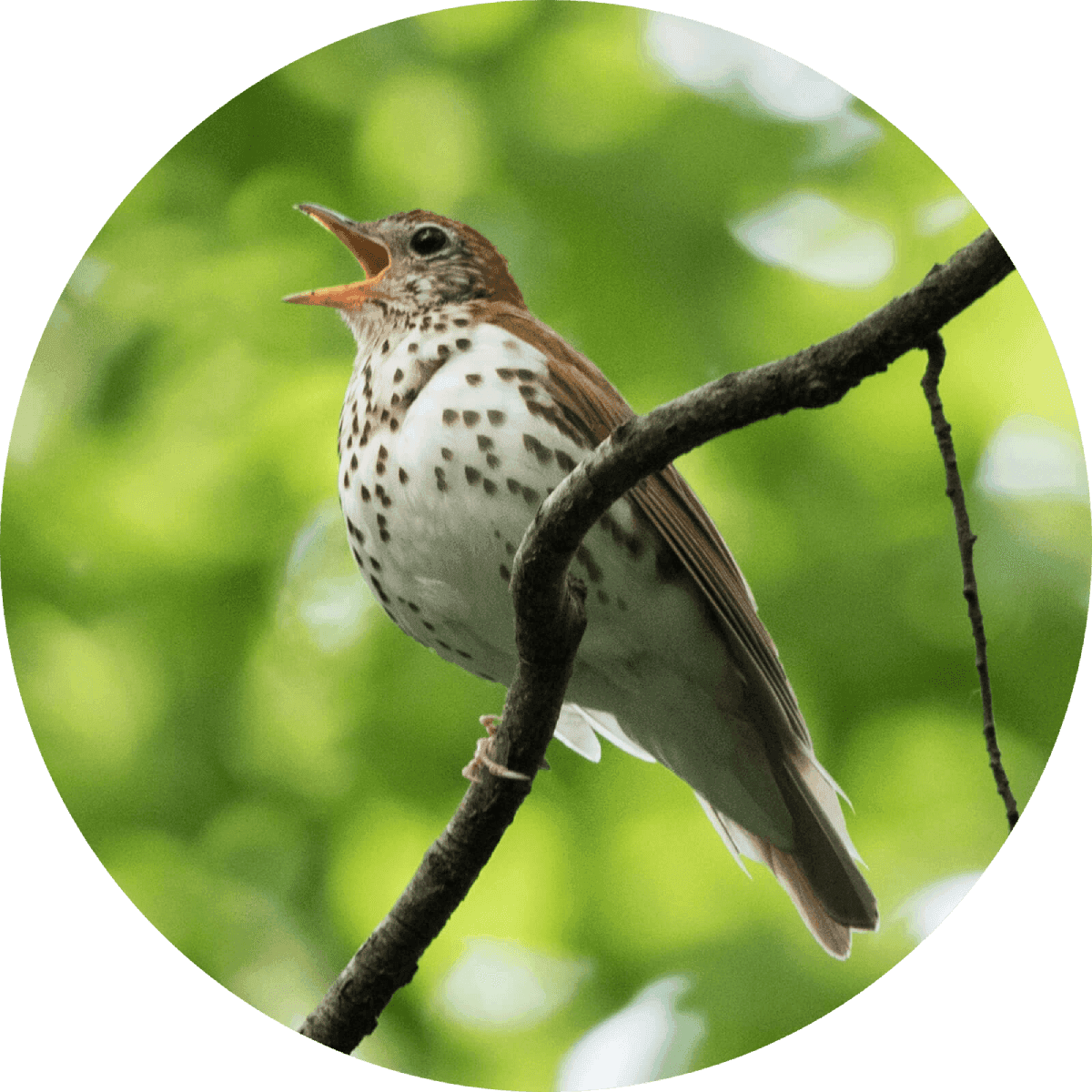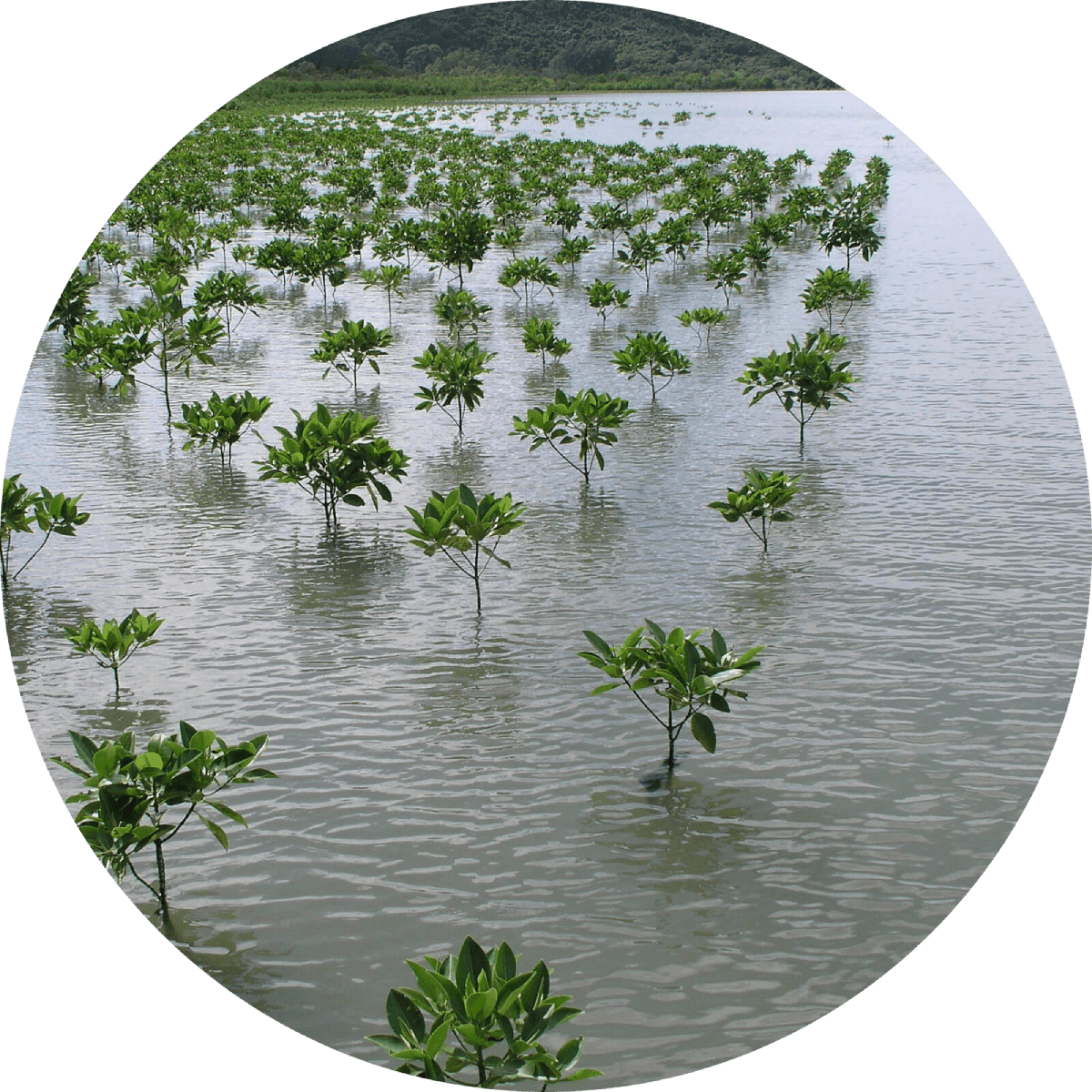"Boris Johnson, the mayor of London, says he has a solution to the city's air pollution problem, one of the worst in Europe: Since last year, specially equipped trucks have trundled around the capital spraying glue to stick sooty particles to the ground in its worst traffic hotspots...Environmentalists say the trucks have been particularly active near air quality monitoring stations, to help London avoid being fined for violating E.U. pollution limits. Mr. Johnson disputes that, saying the spraying is one element of a serious cleanup effort."
"Urban noise limiting communication between parent birds and their chicks may be a key cause of declining sparrow populations, according to new research. A University of Sheffield study found that industrial and traffic noise in urban environments can make it difficult for adult sparrows to hear their young, impairing the chicks' growth as they are less likely to be fed... The RSPB has listed the sparrow as a species of high conservation concern, with the population across the UK declining by 66% between 1970 and 2009."
Stratford, London "...successfully completed one of the world's largest brownfield regeneration projects in recent years. The project included the soil remediation and redevelopment of more than 200 hectares (500 acres) which was previously used for industrial industries such as chemical and fertilizer works, landfills and depots."
"An alarming 70 per cent of Britain's butterflies are in decline, and almost half are threatened with extinction. In the past century, four species have disappeared altogether...“But all is not lost for the butterfly, because in Britain there is a very strong culture of gardens and even windowboxes. By planting wisely, gardeners can help the cause of butterflies in a considerable way."
"Researchers at the University of Worcester analysed the pollen collected by bees from 45 hives on National Trust property around the country. They found that bees in towns and cities have a much more “varied diet”, taking pollen from different flowers... In the last 20 years there has been a dramatic 50 per cent decline in bee numbers in Britain. Climate change, pesticides and even a mystery disease known as ‘colony collapse disorder have been blamed'. Experts also believe that intensive farming may have contributed to the decline of bees because it means there is less wild flowers in the countryside to provide the insects with a 'varied diet'."
"Environmental officials now say the Thames is the cleanest it has been in more than 150 years and nearly 400 habitats have now been created to allow wildlife back into the river."
Fifty years after being declared biologically dead, the Thames has been hailed as an environmental success story...It teems with life: 125 species of fish swim beneath its surface while more than 400 species of invertebrates live in the mud, water and river banks. Waterfowl, waders and sea birds feed off the rich pickings in the water while seals, dolphins and even otters are regularly spotted between the river banks where it meanders through London.
A 2010 study commissioned by City Hall blamed dirty air for 4,267 premature deaths every year. While London has come far since the days of its infamous pea-soupers — toxic clouds of smog that killed thousands — its air still endangers many. Nationally, figures show that air pollution is Britain's second-biggest public health hazard, after smoking."
"Urban forestry has become increasingly popular with governments in the 90s...The Forestry Commission and the Countryside Agency which, as the Countryside Commission, pushed the idea forward in 1989, recently listed the gains since the forests were established: over 6,000 hectares of new woodland planted, an area 25 times that of Hyde Park; over 10,000 hectares opened up for access; 5,000km of public access routes, nearly 800km of new hedgerow."
“Today, Reuters reports, there are 83 species of fish in the Thames estuary, including salmon for the first time in 141 years…. Given enough time, we may yet save our rivers — but not without an investment of work and money proportionately comparable to England's.”
Responsible for issuing consents for discharges of trade and sewage effluent. Authorities now review consents and conditions from time to time and revoke the consent if it was reasonable to do so or modify the conditions if pollution caused by the discharge was 'injurious to fauna and flora'. Under COPA, a person is guilty of an offence if he causes, or knowingly permits: any poisonous, noxious or polluting matter to enter any stream or controlled waters; any matter to enter a stream so as to impede the proper flow of water within the stream in a manner leading or likely to lead to a substantial aggravation of pollution; any solid waste matter to enter a stream or restricted water.
“In London, which has waged a determined battle for purer air since adoption of the Clean Air Act of 1956, the process has been reversed: the birds are coming back. Since the designation of many urban areas as ‘smokeless zones' British bird-watchers have rediscovered such species as house martins, cuckoos, and snow buntings, all of which had just about vanished from the London scene.”
"A change in the condition of the Thames estuary from an 'opensewer' to a waterway through which salmon may freely pass occurred over the 15 years between the early 1960s and late 1970s."
"After the disastrous smog in December 1952, which caused the death of about 4000 people in the London area, British Parliament passed the Clean Air Act in 1956."


Learn about Maya Lin’s fifth and final memorial: a multi-platform science based artwork that presents an ecological history of our world - past, present, and future.

Discover ecological histories and stories of former abundance, loss, and recovery on the map of memory.

Learn how we can reduce our emissions and protect and restore species and habitats – around the world.

See how art can help us rethink the problems we face, and give us hope that each one of us can make a difference.

Help make a global memorial something personal and close to home. Share your stories of the natural world.